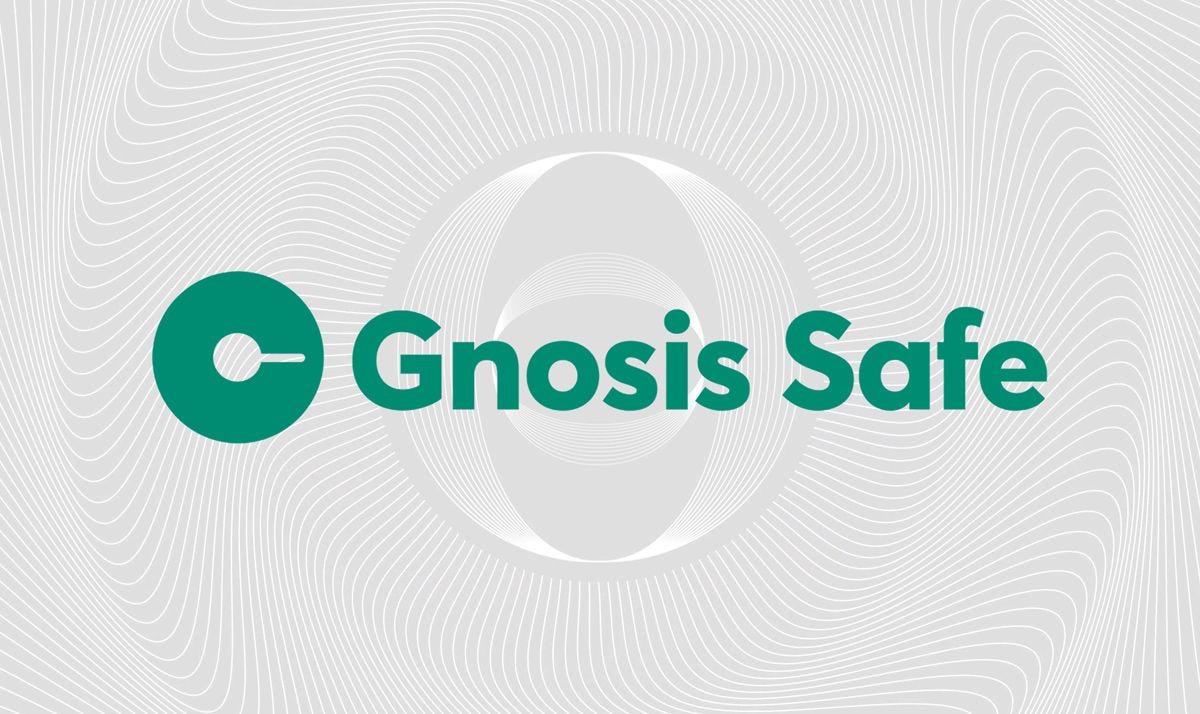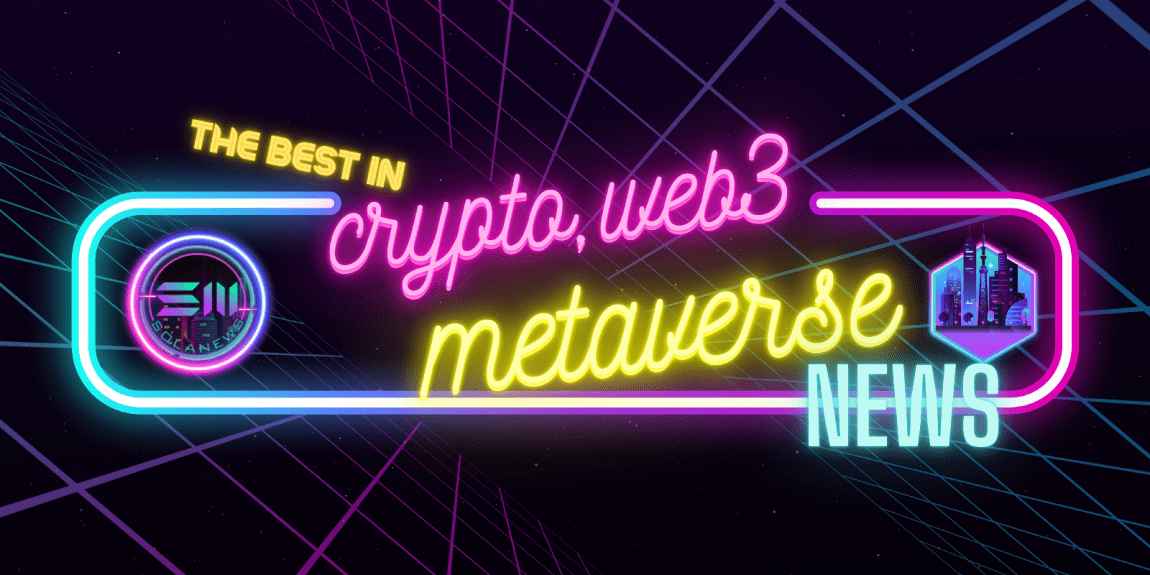Safe, previously known as Gnosis Safe, has rolled out a new software development kit (SDK) for Web3 developers. The self-custody infrastructure provider’s new offering, called Safe{Core}, enables developers to use account abstraction as an alternative to the traditional public and private key crypto wallet setup. The SDK was launched in partnership with payments processing giant Stripe, Web3 infrastructure providers Gelato and Web3Auth. These partners will provide user-centric features for fiat on-ramps, simplify transaction fees and payment flows, as well as user authentication.
Account abstraction is a critical feature of the Safe Wallet and Core solutions and has been the buzz of the crypto industry lately. This feature allows developers to convert crypto wallets into if-then smart contracts, which can be tailored to different needs. Developers can adjust the security measures of the transaction depending on the task at hand. Safe co-founder Richard Meissner stated that account abstraction is the key to onboarding millions of new users and bringing Web2-like usability to Web3. He added that last year’s events have demonstrated the risks of placing absolute trust in third-party custodians. This emphasizes the importance of security hygiene and the adage in the crypto industry that states, “not your keys, not your coins.”

Safe spun off from the Gnosis ecosystem and rebranded itself in July 2022, launching the SafeDAO and the SAFE token. Safe’s custody infrastructure allows users to securely store Ethereum and ERC20 tokens and interact with decentralized applications. It secures over $39 billion in assets, while Web3 projects such as Aave, 1inch, and e-commerce giant Shopify have chosen Safe as their default wallet of choice. Ethereum inventor Vitalik Buterin and Punk6529 also opted for Safe Wallet to hold their personal assets.
With the launch of Safe{Core}, developer teams can leverage the features made popular by the original wallet infrastructure provider, specifically the flexibility of account abstraction. Meissner said developers can use a different (off-chain) authentication method, depending on where they are interacting. For example, for logging into a website, they can use a simple hot-wallet key, while for an interaction with a marketplace, they would have to follow stricter authentication protocols.
According to Safe, account abstraction can also program an account to be controlled by a different kind of login, such as an email instead of a seed phrase. This grants users personal autonomy over their assets without compromising usability. More importantly, Safe believes that account abstraction is an excellent way to onboard new Web3 users from traditional business areas. For instance, a coffee shop chain can build an NFT-based loyalty program for non-crypto customers, spinning up multiple user accounts so that they can interact with the company just like they do in Web2. This means that customers can log in without a seed phrase and avoid the risk of losing their precious points or using credit cards for feeless payments.
Meissner said, “Safe has been at the forefront of account abstraction and is its most battle-tested and used implementation. With Safe{Core}, we are putting a modular stack in the hands of developers to grasp this massive opportunity.”

Thanks for reading Solanews, be sure to follow our social media channels for more

